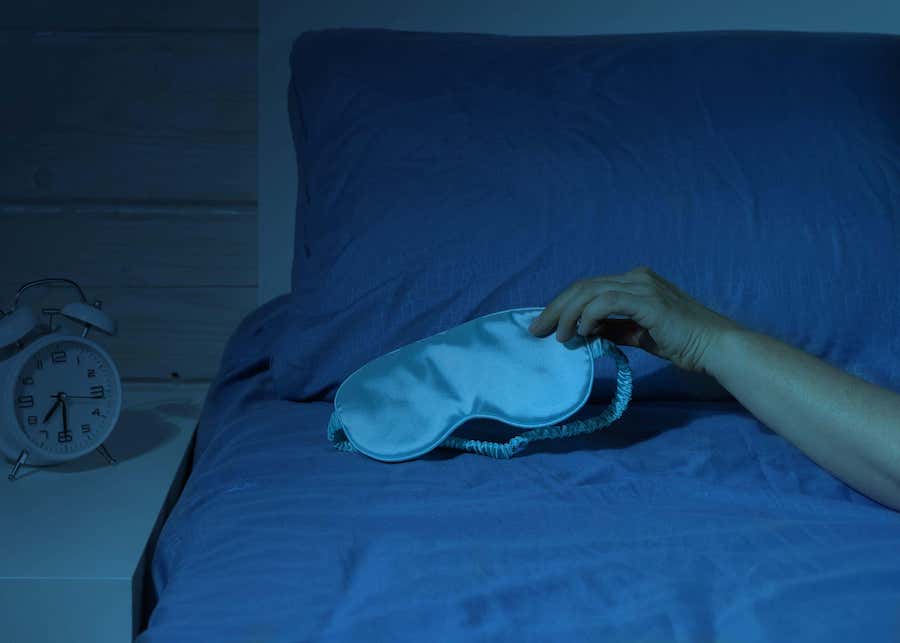Regular napping could be good for brain health, research suggests
Researchers hope their findings will help reduce any stigma that still exists around daytime napping
Regular daytime naps could be good for brain health, new research suggests.
Daytime napping could slow the rate at which brains shrink as we age, the study led by researchers at UCL and the University of the Republic in Uruguay found.
The researchers hope their findings into the health benefits of sleeping during the day will reduce any stigma that still exists around daytime napping.
Read more:
- Say goodbye to snoring and sleep apnea with this online breathwork course
- Sleepless Nights? Discover how online classes can help you to get better rest
The study suggests the average difference in brain volume between people programmed to be habitual nappers and those who were not was equivalent to 2.6 to 6.5 years of ageing.
Senior author Dr Victoria Garfield, MRC Unit for Lifelong Health & Ageing at UCL, said: “Our findings suggest that, for some people, short daytime naps may be a part of the puzzle that could help preserve the health of the brain as we get older.”
The study, published in the journal Sleep Health, analysed data from people aged 40 to 69.
Past research has suggested people who have had a short nap perform better in cognitive tests in the hours afterwards than those who did not nap.
The new study looked at whether there was a causal relationship between daytime napping and brain health.
Researchers looked at 97 snippets of DNA thought to determine people’s likelihood of habitual napping.
They compared measures of brain health and cognition of people who are more genetically programmed to nap with people who did not have these changes in DNA, using data from 378,932 people from the UK Biobank study.
They found that, overall, people predetermined to nap had a larger total brain volume.
The genetic variants – DNA changes – influencing the likelihood of someone to nap were identified in an earlier study looking at data from 452,633 UK Biobank participants.
But the researchers did not find a difference in how well those programmed to be habitual nappers performed on three other measures of brain health and cognitive function.
Lead author and PhD candidate Valentina Paz, University of the Republic (Uruguay) and MRC Unit for Lifelong Health & Ageing at UCL, said: “This is the first study to attempt to untangle the causal relationship between habitual daytime napping and cognitive and structural brain outcomes.
“By looking at genes set at birth, Mendelian randomisation avoids confounding factors occurring throughout life that may influence associations between napping and health outcomes.
“Our study points to a causal link between habitual napping and larger total brain volume.”
Dr Garfield added: “I hope studies such as this one showing the health benefits of short naps can help to reduce any stigma that still exists around daytime napping.”
The Press Association
Latest posts by The Press Association (see all)
- 6 foods that are great for your heart health - April 8, 2025
- Award-winning actors to star in Second World War film released for VE Day - April 8, 2025
- King Charles and Queen Camilla release official 20th wedding anniversary photographs - April 7, 2025
- The 5 ways drinking alcohol can affect your body - April 7, 2025
- Why you should welcome these scary-looking critters into your garden - April 7, 2025




















